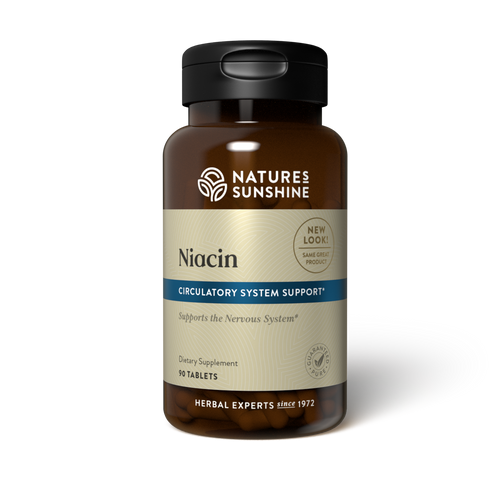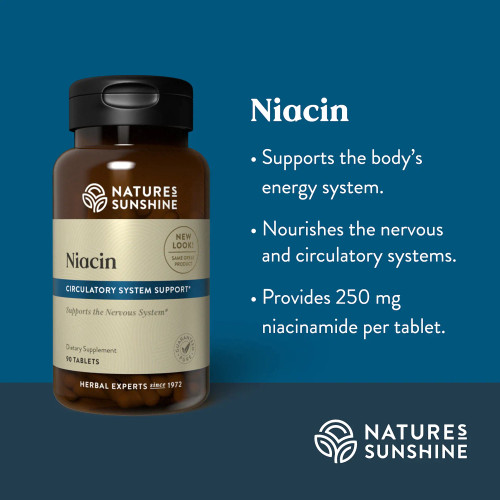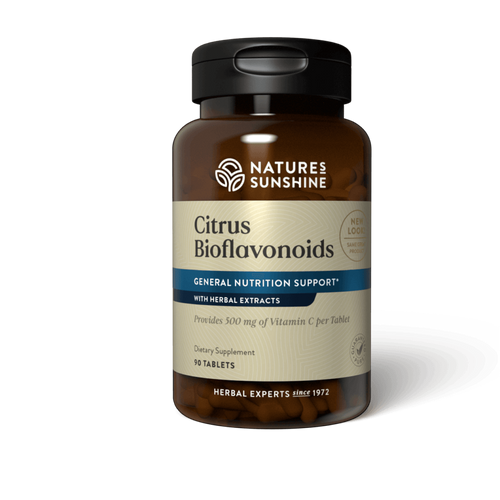Benefits:
- Helps maintain blood sugar levels already within the normal range.
- Aids in the control of glucose and fatty acids.
- Promotes energy by helping transport glucose to cells.
- Cuts down on the bodys need for insulin, which may result in improved arterial health.
- Provides 300 mcg chromium per tablet (250% of Daily Value).
How It Works:
Chromium is the central atom in the "glucose tolerance factor" (GTF), a hormone-like compound that works with insulin to transport glucose--the bodys quickest fuel--out of the blood and into the cells. GTF is composed of two niacin molecules and three amino acids, and it requires zinc and manganese. With chromium present in the diet, the intestines can produce GTF.
The liver also needs chromium to manufacture fatty acids, lecithin, cholesterol and lipoproteins. Chromium may positively affect blood fat levels and the liver filtration process.
Ingredients:
300 mcg of chromium (250% DV), horsetail stem and strobilus, red clover flowers and yarrow aerial parts.
Recommended Use:
Take 1 tablet daily with a meal.
Discovered by Louis-Nicholas Vauquelin in the late 1700s, chromium is prominent in the body. As a trace mineral, it’s found naturally in many foods, including meats, grains, fruits, vegetables and spices, but the amount of chromium in these foods varies dramatically.
Use of horsetail dates back to ancient Rome and Greece. Traditionally it was used for wounds and kidney problems. Due to its silicon content, horsetail has been recommended for bone health as well, and it has been researched for its diuretic and antioxidant properties.
Wild red clover commonly grows in meadows throughout Europe and Asia, and it’s now cultivated in North America, too. It has been used traditionally for respiratory problems and skin concerns. Health care practitioners believe that red clover’s diuretic activity “purifies” the blood, improving circulation and helping cleanse the liver.
Yarrow, or Achillea millefolium, is named after the mythical Greek hero Achilles, who used it on the wounds of his solders. In ancient times it was referred to as Herba Militaris. Native Americans embraced yarrow for a variety of applications, including minor discomfort and digestive support.

















